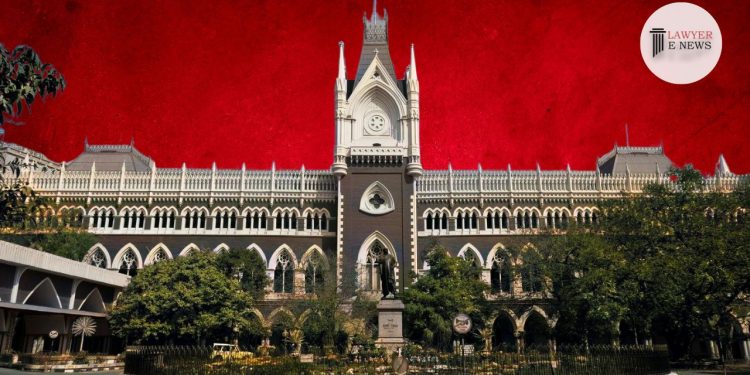Confession by a Co-accused Containing Incriminating Material Against a Person Would Not by Itself Suffice to Frame Charge – Calcutta High Court Quashes Proceedings

In a significant ruling, the High Court at Calcutta has quashed the criminal proceedings against Avishek Singhal, implicated in a case involving the alleged possession and disposal of a stolen vehicle. Justice Bibhas Ranjan De observed that the sole reliance on a co-accused’s confession, without corroborative evidence, is insufficient to sustain charges under sections 411, 413, 414, 468, and 471 of the Indian Penal Code (IPC).
Legal Point:
The crux of the legal argument in this case revolves around the evidentiary value of a co-accused’s statement, which the court determined lacks sufficient corroborative evidence to substantiate charges against Singhal.
Facts and Issues:
The proceedings originated from a suo moto complaint by the police in 2009, following the discovery of a stolen car at Gopi Pradhan’s residence in Mirik, which he claimed to have acquired from one Ebucha Singh. Despite implicating several individuals, including Singhal, the prosecution relied solely on the confession of a co-accused, without presenting concrete evidence linking Singhal to the crime.
Court’s Assessment:
Evidentiary Insufficiency: Justice De emphasized that the confession of a co-accused is not alone sufficient for framing charges unless supported by substantial evidence, citing precedents set by the Supreme Court in cases such as Dipakbhai Jagdishchandra Patel v. State of Gujarat and Suresh Budharmal Kalani v. State of Maharashtra.
Admissibility of Confessions: The court noted that any confession made to a police officer, as per Section 25 of the Indian Evidence Act, is inadmissible in court, which disqualifies the statements made by the co-accused against Singhal.
Lack of Corroborative Evidence: The judgment pointed out that there was no recovery of stolen goods from Singhal’s possession and no other substantial evidence was presented that could link him to the alleged crime.
Quashing of Proceedings: Based on the analysis, the court concluded that the criminal proceedings against Singhal should be quashed due to the lack of credible evidence substantiating his involvement in the crime.
Decision: Justice Bibhas Ranjan De allowed the revision application and quashed the proceedings against Avishek Singhal, citing a significant gap in the prosecution’s evidence required to sustain a criminal charge.
Date of Decision: May 3, 2024
Avishek Singhal Vs. The State of West Bengal





